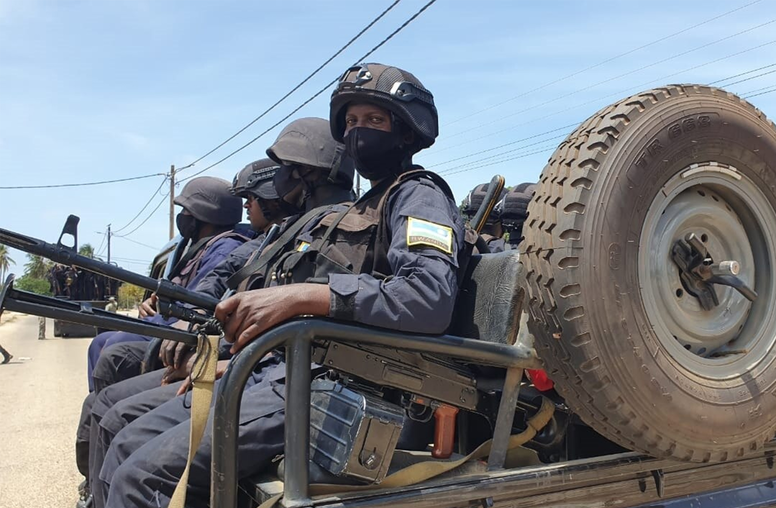Edward A. Burrier
Contact
Please submit all media inquiries to interviews@usip.org or call 202.429.3869.
For all other inquiries, please call 202.457.1700
Edward Burrier is the senior advisor for private sector engagement in USIP’s Africa Center. In this role, Burrier examines the intersection of economic growth and peace and security.
Prior to joining USIP, he served as executive vice president of the U.S. International Development Finance Corporation (DFC). Burrier helped direct all aspects of the agency’s operations, including serving as chair of DFC’s Investment Committee and approving over $8 billion in financing for projects in emerging markets for developmental impact, including major investments in Africa.
Beginning in July 2017, he served as chief operating officer and vice president of External Affairs at the Overseas Private Investment Corporation (OPIC) before its transformation to DFC. As vice president of external affairs, Burrier managed the agency’s relationships with Congress, federal agencies, and other key stakeholders. He oversaw all communications, public outreach, and engagement strategies in support of OPIC’s mission to advance development and U.S. foreign policy. In this capacity, he also directed the agency’s strategy in the successful passage of landmark legislation that modernized OPIC to DFC.
Before arriving at OPIC, Burrier served on Capitol Hill for 18 years, including as deputy staff director of the House Foreign Affairs Committee. In this role, he advised the chairman on all policy matters before the committee and provided leadership on formulating legislative and communications goals. During his tenure, the committee enacted more than 40 pieces of legislation to advance U.S. interests across Africa, Asia, Latin America, and the Middle East.
Burrier earned his bachelor’s degree in political science from Mary Washington College and a master’s degree in national security and strategic studies from the U.S. Naval War College.




